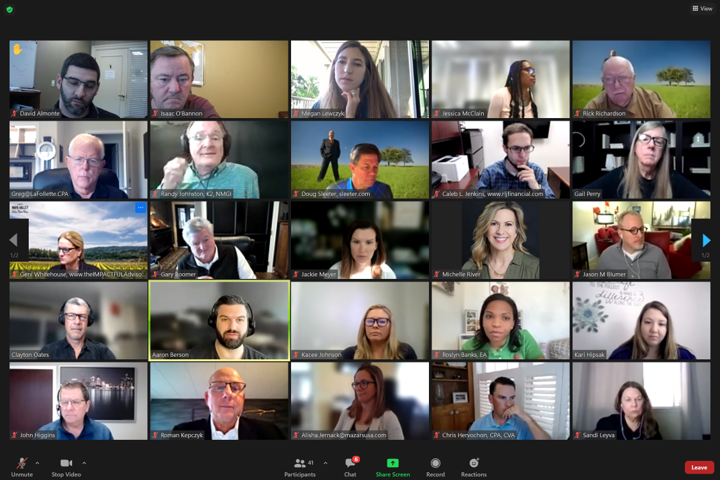The Federal Trade Commission has issued a final rule it says will promote competition by banning non-compete agreements nationwide, “protecting the fundamental freedom of workers to change jobs, increasing innovation, and fostering new business formation.”
The FTC estimates that the final rule banning non-competes will lead to new business formation growing by 2.7% per year, resulting in more than 8,500 additional new businesses created each year. The final rule is expected to result in higher earnings for workers, with estimated earnings increasing for the average worker by an additional $524 per year, and it is expected to lower health care costs by up to $194 billion over the next decade. In addition, the final rule is expected to help drive innovation, leading to an estimated average increase of 17,000 to 29,000 more patents each year for the next 10 years under the final rule.
“Non-compete clauses keep wages low, suppress new ideas, and rob the American economy of dynamism, including from the more than 8,500 new startups that would be created a year once non-competes are banned,” said FTC Chair Lina M. Khan. “The FTC’s final rule to ban non-competes will ensure Americans have the freedom to pursue a new job, start a new business, or bring a new idea to market.”
In response, the global tax firm Ryan filed a lawsuit against the agency in a Texas federal court the same day, challenging the rule on the basis that it, “… imposes an extraordinary burden on businesses seeking to protect their intellectual property (IP) and retain top talent within the professional services industries. The firm seeks to prevent the immense, undue burdens the FTC’s rule would impose on service-driven companies of every size nationwide.”
According to the FTC, non-compete agreements are a widespread and often exploitative practice imposing contractual conditions that prevent workers from taking a new job or starting a new business. Non-competes often force workers to either stay in a job they want to leave or bear other significant harms and costs, such as being forced to switch to a lower-paying field, being forced to relocate, being forced to leave the workforce altogether, or being forced to defend against expensive litigation. An estimated 30 million workers—nearly one in five Americans—are subject to a non-compete.
Under the new rule, existing non-compete agreements for the vast majority of workers will no longer be enforceable after the rule’s effective date. Existing non-competes for senior executives, “who represent less than 0.75% of workers,” can remain in force under the FTC’s final rule, but employers are banned from entering into or attempting to enforce any new non-competes, even if they involve senior executives [emphasis added editorially]. Employers will be required to provide notice to workers other than senior executives who are bound by an existing non-compete that they will not be enforcing any non-competes against them.
In the final rule, the Commission has determined that it is an unfair method of competition, and therefore a violation of Section 5 of the FTC Act, for employers to enter into non-competes with workers and to enforce certain non-competes.
“Upending a long history of evaluating non-compete agreements through case-by-case analysis, the Commission instead has bluntly struck at nearly all existing agreements,” said John Smith, Ryan Chief Legal Officer and General Counsel. “With history, logic, law, and the Constitution on our side, we look forward to righting this wrong by the FTC against employees and employers alike.” Ryan has engaged Gene Scalia, former US Secretary of Labor, and his team at Gibson, Dunn & Crutcher LLP to challenge together the FTC’s new rule.
Thanks for reading CPA Practice Advisor!
Subscribe Already registered? Log In
Need more information? Read the FAQs
Tags: Firm Management, Payroll




